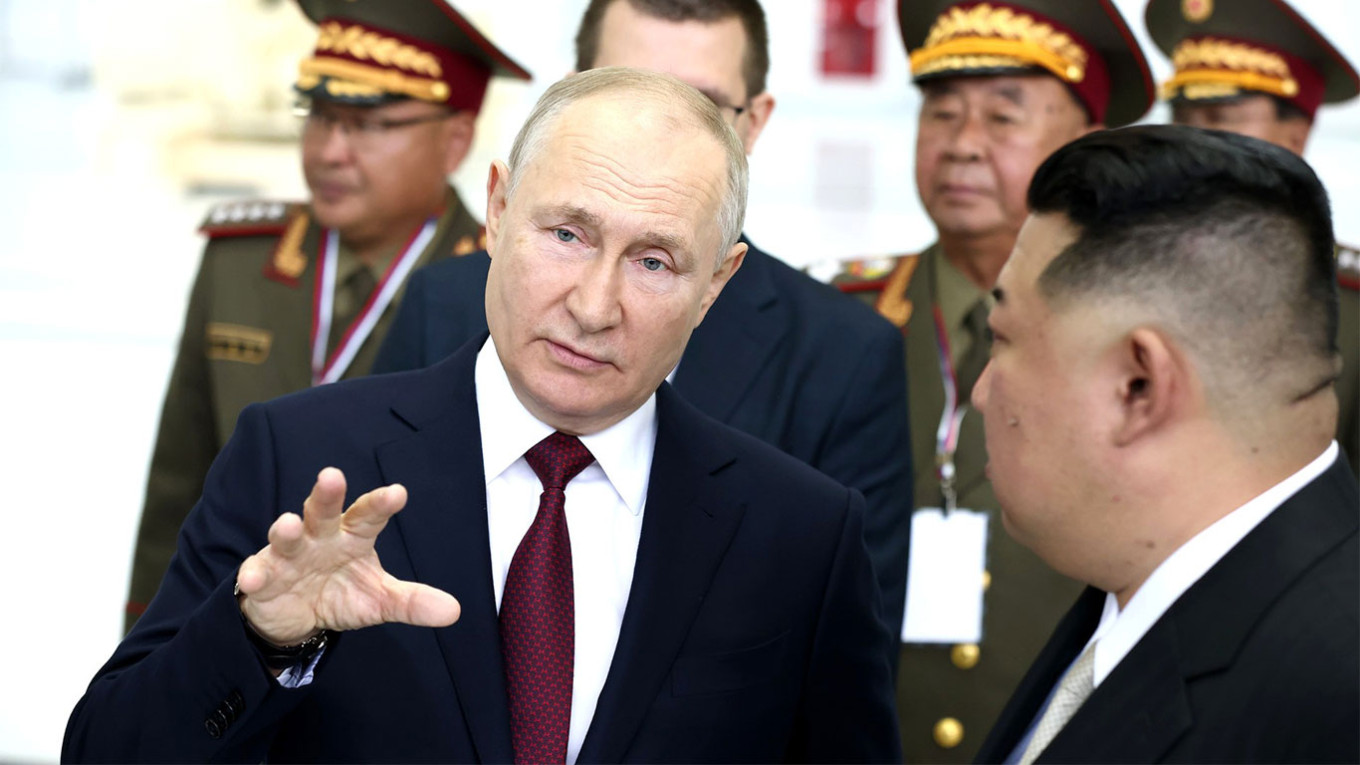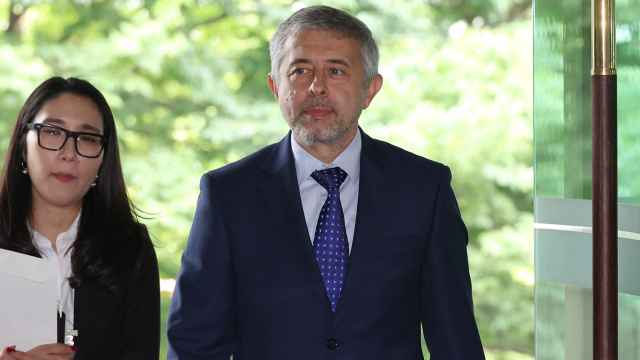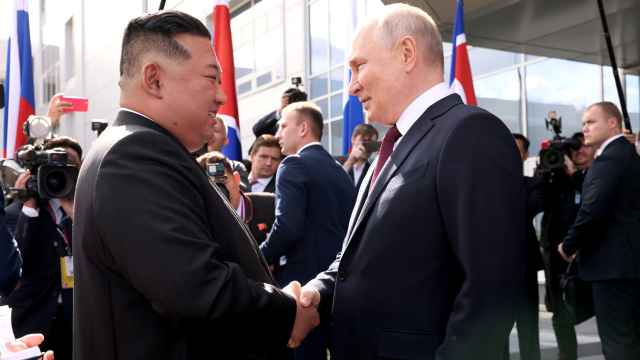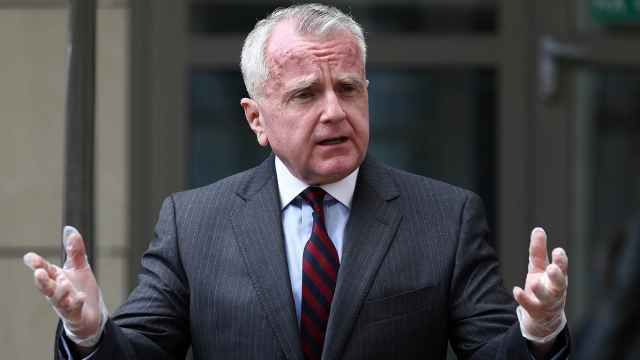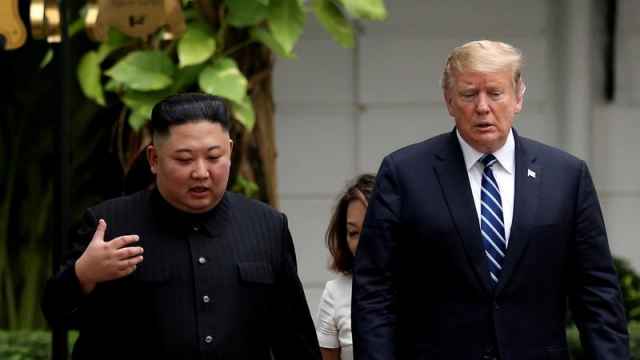South Korea summoned the Russian ambassador on Tuesday, the foreign ministry said, to warn Moscow over military cooperation with North Korea the country's leader Kim Jong Un met Russian President Vladimir Putin in Russia.
Kim spent nearly a week touring Russia's Far East before returning home Monday, visiting a space centre and weapons factories. The trip has fanned Western fears that an isolated, nuclear-armed Pyongyang could provide Moscow with weapons for its war in Ukraine.
Kim and Putin held a summit, with the Russian leader talking up defence cooperation with North Korea, hinting at "possibilities" for bolstering military ties – something which would violate a raft of sanctions imposed on both countries.
Experts have warned the internationally isolated pair might have been looking to do a deal involving Pyongyang supplying artillery shells and anti-tank missiles in exchange for satellite technology from Moscow.
The Kremlin has said no agreement has or will be signed.
Seoul summoned Andrey Borisovich Kulik, the Russian ambassador to South Korea, and urged Moscow to "immediately stop its moves for military cooperation with North Korea and comply with Security Council resolutions," its foreign ministry said in a statement.
"Our government will cooperate with the international community to make sure that any act that violates Security Council resolutions and seriously threatens our security comes at a clear cost," the statement said Seoul told the ambassador.
"Such an act will have a very negative impact on Korea-Russia relations," it added.
Relations between the North and South are at one of their lowest points in decades. Diplomacy has stalled and Kim is calling for increased weapons development, including tactical nuclear weapons.
Experts say any deal between Moscow and Pyongyang could force the South to review its careful balancing act on the Ukraine war. Though Seoul has condemned the war, it has resisted calls to send weapons directly to Kyiv.
South Korea is a major weapons exporter. But longstanding domestic policy prevents it from selling weapons into active conflicts.
A Message from The Moscow Times:
Dear readers,
We are facing unprecedented challenges. Russia's Prosecutor General's Office has designated The Moscow Times as an "undesirable" organization, criminalizing our work and putting our staff at risk of prosecution. This follows our earlier unjust labeling as a "foreign agent."
These actions are direct attempts to silence independent journalism in Russia. The authorities claim our work "discredits the decisions of the Russian leadership." We see things differently: we strive to provide accurate, unbiased reporting on Russia.
We, the journalists of The Moscow Times, refuse to be silenced. But to continue our work, we need your help.
Your support, no matter how small, makes a world of difference. If you can, please support us monthly starting from just $2. It's quick to set up, and every contribution makes a significant impact.
By supporting The Moscow Times, you're defending open, independent journalism in the face of repression. Thank you for standing with us.
Remind me later.


